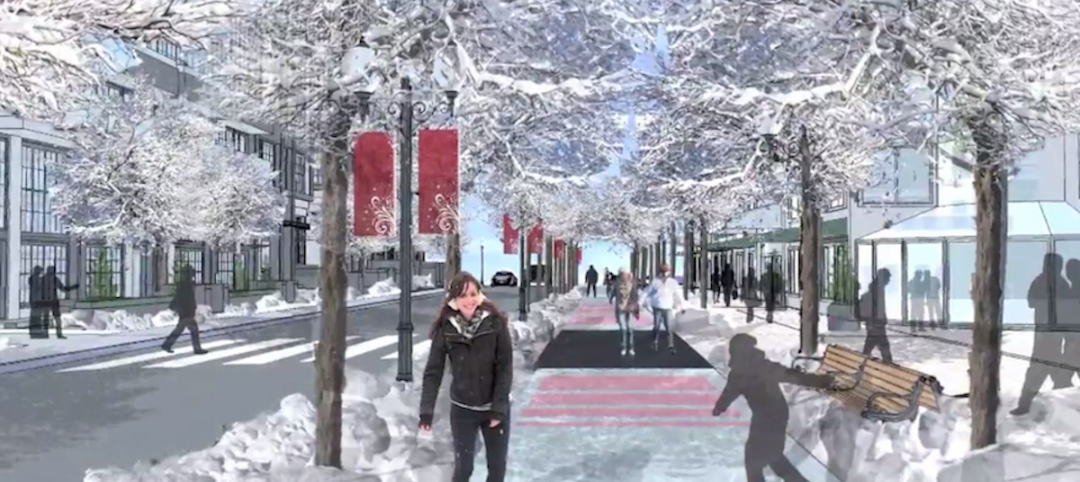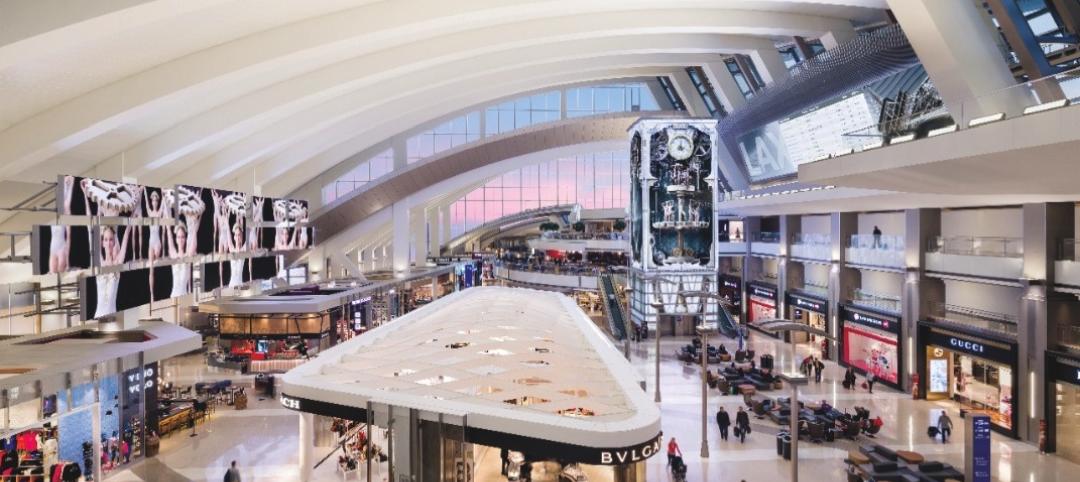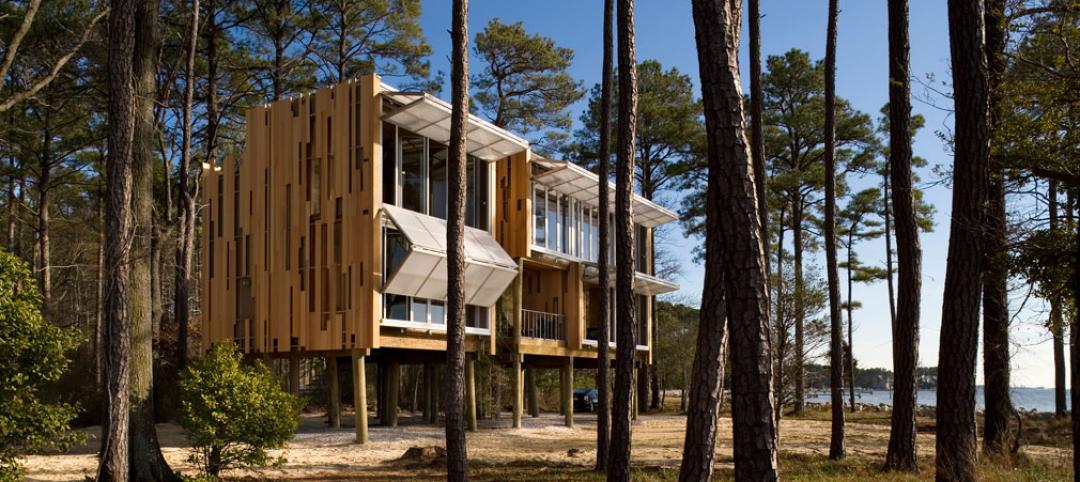Realtors who practice commercial real estate have reported an increase in annual gross income for the third year in a row, signaling the market is on the road to recovery. According to the National Association of Realtors 2013 Commercial Member Profile, transactions and sales volume have also increased since last year.
The study shows median annual gross income for 2012 was $90,200, an increase from $86,000 in 2011 and is at its highest level since 2008. Brokers and appraisers reported the highest annual gross income while sales agents reported the lowest.
The study’s results represent Realtors who practice commercial real estate; these NAR members conduct all or part of their activity in commercial sales, leasing, brokerage and development for land, office and industrial space, multifamily and retail buildings, as well as property management.
“The commercial market is showing signs of improvement, which is reflected in the positive trends in income, transactions and sales volume reported by our Realtor commercial members,” said NAR President Gary Thomas, broker-owner of Evergreen Realty in Villa Park, Calif. “This is a hopeful sign for the future. Realtors who practice commercial real estate build communities by facilitating investment and promoting the sale and lease of commercial space. There’s no doubt that commercial market improvements will help spur economic recovery and growth for our nation.”
Commercial members completed a median of eight transactions in 2012, up from last year. The median sales volume also increased from last year and was $2,507,700. Brokers typically had higher sales transaction volumes than agents. The median dollar value of sales transactions was $433,600 and the median square footage was 10,400.
Similar to the median sales volume, the median lease transaction volume increased this year by more than $70,000. In 2012 commercial members reported a median lease transaction volume of $476,400. Twenty-one percent of commercial members did not have a leasing transaction in 2012. The median dollar value of lease transactions was $169,100 and the median square footage was 4,200.
Commercial members who manage properties typically managed 40,000 square feet, representing 15 total spaces. They also typically managed 16,000 total office square feet, representing six total offices.
A majority of commercial members, 63 percent, reported they derive more than half of their annual income from the real estate industry. Thirty percent of respondents did not derive any income from commercial real estate leasing in 2012. Only 32 percent derived at least half to all of their income from leasing property. A large percentage, 85 percent, of commercial members earned at least some personal income from commercial real estate investments.
Sixty percent of NAR’s commercial members are brokers. Licensed sales agents were the next largest segment at 25 percent. Most commercial members reported working in a firm that is local and 58 percent work within an office that has a mix of commercial and residential brokers and agents.
Investment sales proved to be the most popular business specialty among commercial members. Identified by the highest proportion of members as their primary business specialty, investment sales was also the top ranked secondary specialty area. Land sales and retail leasing followed closely behind.
The typical commercial member has been in commercial real estate for 15 years and involved in real estate in some capacity for 25 years. The median length of membership in NAR among commercial members was 17 years. With a median age of 59, commercial members are also predominately male. However, women are slowly coming into the business; 33 percent of those with two or fewer years’ experience are female, and sales agents have the largest representation of women with 29 percent.
The NAR 2013 Commercial Member Profile was based on a survey of 1,796 commercial practitioners. Income and transaction data are for 2012, while other data represent member characteristics in 2013.
The National Association of Realtors, “The Voice for Real Estate,” is America’s largest trade association, representing 1 million members involved in all aspects of the residential and commercial real estate industries.
Related Stories
Cultural Facilities | Feb 25, 2015
Edmonton considering 'freezeway' to embrace winter
If the new Edmonton Freezeway is constructed, residents will have an 11-km course that winds through the city and allows them to skate to work, school, and other city activities.
Building Team | Feb 24, 2015
Call for entries: 2015 Giants 300 survey
The annual Giants 300 Report ranks the top AEC firms in commercial construction, by revenue.
Industrial Facilities | Feb 24, 2015
Starchitecture meets agriculture: OMA unveils design for Kentucky community farming facility
The $460 million Food Port project will define a new model for the relationship between consumer and producer.
University Buildings | Feb 23, 2015
Future-proofing educational institutions: 5 trends to consider
In response to rapidly changing conditions in K-12 and higher education, institutions and school districts should consider these five trends to ensure a productive, educated future.
Office Buildings | Feb 23, 2015
The importance of quiet and the consequences of distraction
Recent work style studies show that the average knowledge worker spends 25-35% of their time doing heads-down focused work. Once thrown off track, it can take some 23 minutes for a worker to return to the original task.
Modular Building | Feb 23, 2015
Edge construction: The future of modular
Can innovative project delivery methods, namely modular construction, bring down costs and offer a solution for housing in urban markets? FXFOWLE’s David Wallance discusses the possibilities for modular.
| Feb 23, 2015
6 trends changing the way city dwellers live
Across the cultural grid, from food to retail to transportation, America's urban areas are already undergoing a major metamorphosis. Here are the six major trends shaping our cities, from Fast Company.
Green | Feb 23, 2015
State of the green union, and the next big shift in sustainability
The history of the green movement offers cues that we are on the precipice of another significant shift in the green union.
| Feb 23, 2015
Where are the iconic green buildings?
What does a green building look like? How would you know one if you saw one? Maybe a trivial question to some, but of great interest to architects, designers, and other members of the Building Team as the rapid evolution of sustainable buildings continues apace.
Sports and Recreational Facilities | Feb 21, 2015
Pumped-up recreation centers help build body, mind, and spirit
Adopting facility layouts from Asian and European models, today’s sports and recreational buildings are becoming social hubs that accommodate a variety of community needs.















